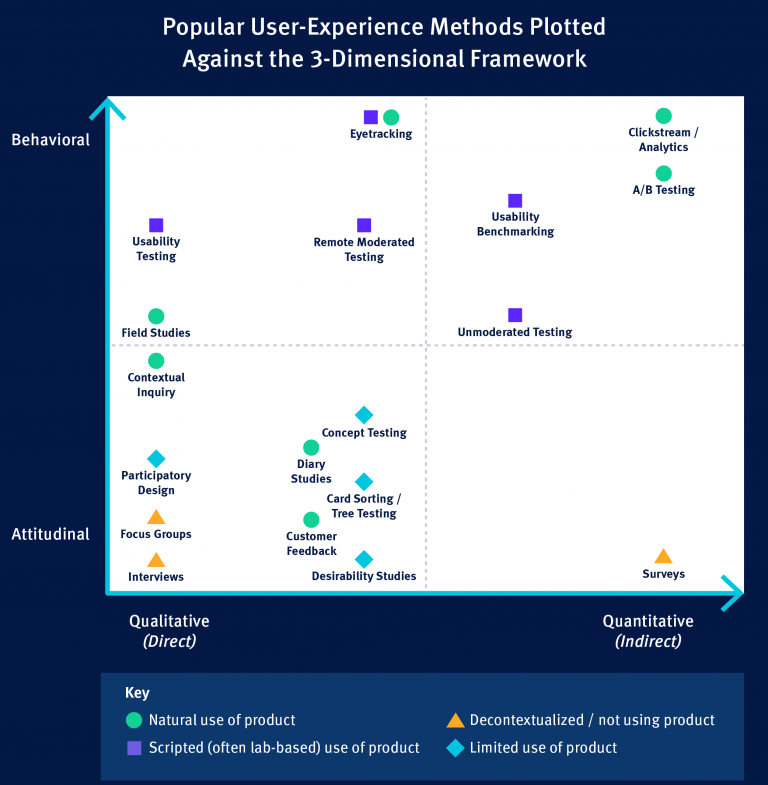
Modern day UX research methods answer a wide range of questions. To help you know when to use which user research method, each of 20 methods is mapped across 3 dimensions and over time within a typical product-development process.

“All research is qualitative; some is also quantitative”
Harvard Social Scientist and Statistician Gary King
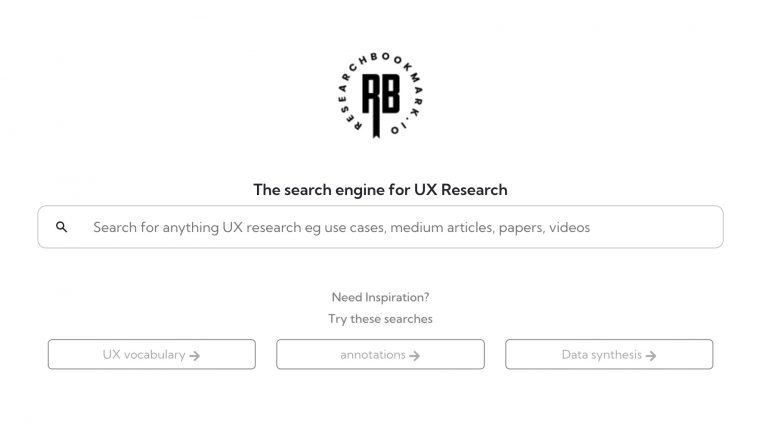
The people behind Research Bookmark, a vast online collection of UX research resources, have - after months of researching and experimenting - released a search engine built just for UX Researchers.
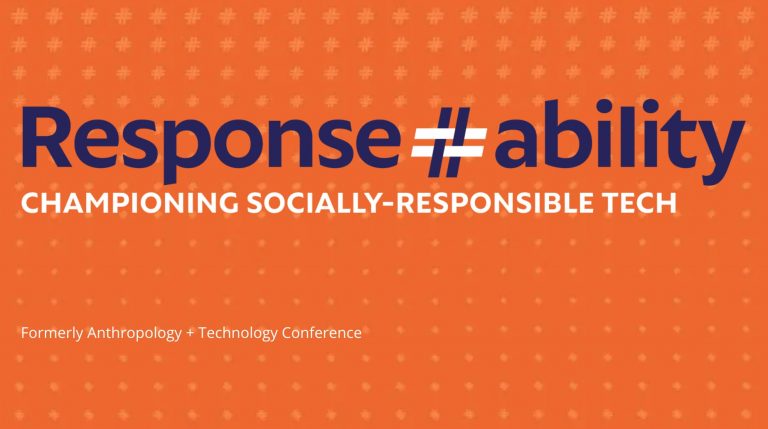
The Response-ability Summit, formerly known as the Anthropology + Technology Conference, is a unique two-day event that brings social scientists and technologists together to foster interdisciplinary conversations on the important topic of socially-responsible tech.
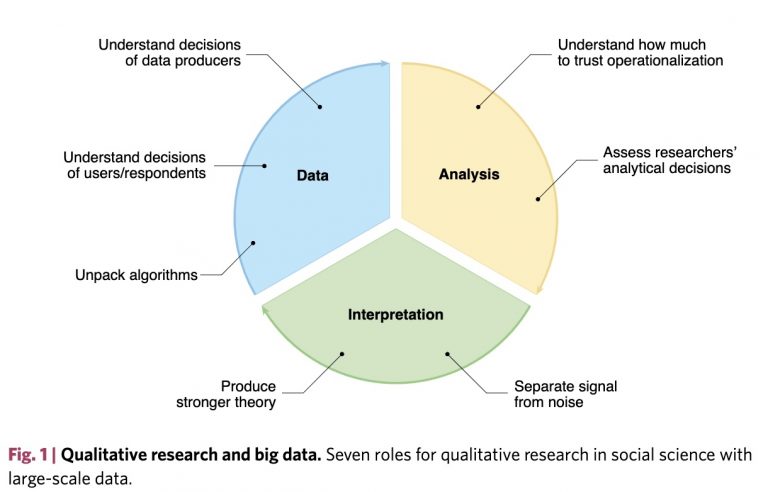
Although large-scale data are increasingly used to study human behaviour, researchers now recognize their limits for producing sound social science. Qualitative research can prevent some of these problems. Such methods can help to understand data quality, inform design and analysis decisions and guide interpretation of results.

UX Theatre is "the application of any sort of design methodology without including a single user in the process, or including users but merely for show."

It is critical to marry conventional data analytics with a deeper understanding of audience psychology by observing everyday human behavior.

In a year in which Covid-19 has forced researchers to resort to online research, what opportunities for the industry exist in digital ethnography? Liam Kay of ResearchLive reports on the highlights of the Market Research Society’s Digital Ethnography Summit:
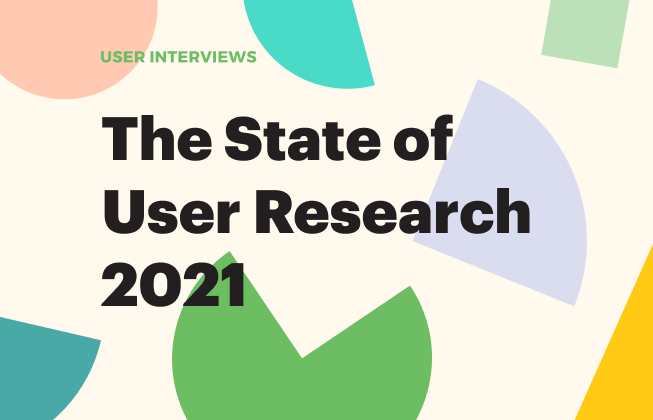
The US based user research recruiting platform "User Interviews" has just published its State of User Research 2021 report, based on responses from 525 people who do research as at least part of their job..

From City of London traders to Indian rickshaw drivers, everyone uses a more intimate style of conversation on video calls.
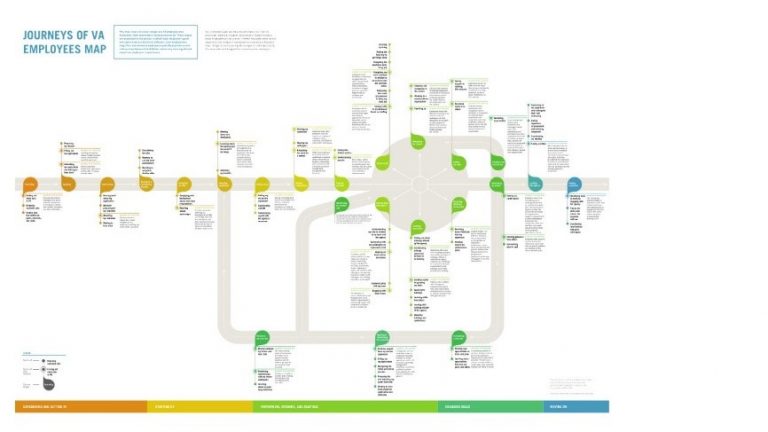
The employee experience (EX) journey map of the US Government’s Department of Veteran Affairs (VA) identifies the moments that matter during a VA employee’s career using the same human-centered design process that VA’s Veterans Experience Office (VEO) has applied in the development…
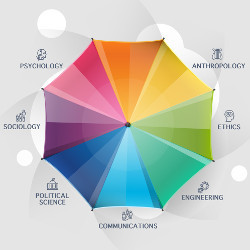
This article argues [that] the well-publicized social ills of computing will not go away simply by integrating ethics instruction or codes of conduct into computing curricula. The remedy to these ills instead lies less in philosophy and more in fields…
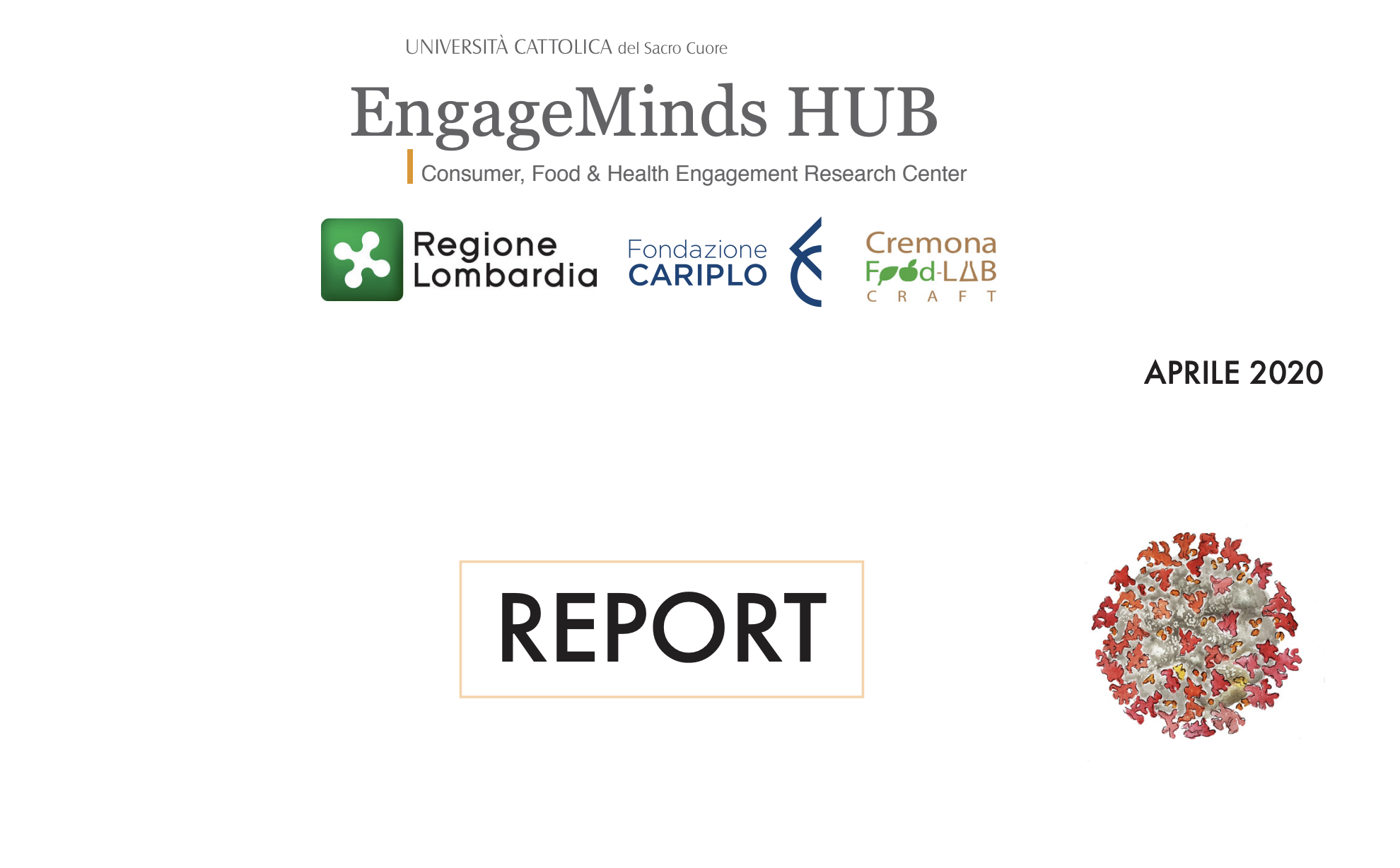
The Milan-based consumer and health research center EngageMinds HUB of the Università Cattolica has done some timely research on how Covid-19 has influenced the behavior of Italians.
The reports are all in Italian, so you should use a translation engine if you want to read them in full. Meanwhile here is a summary.
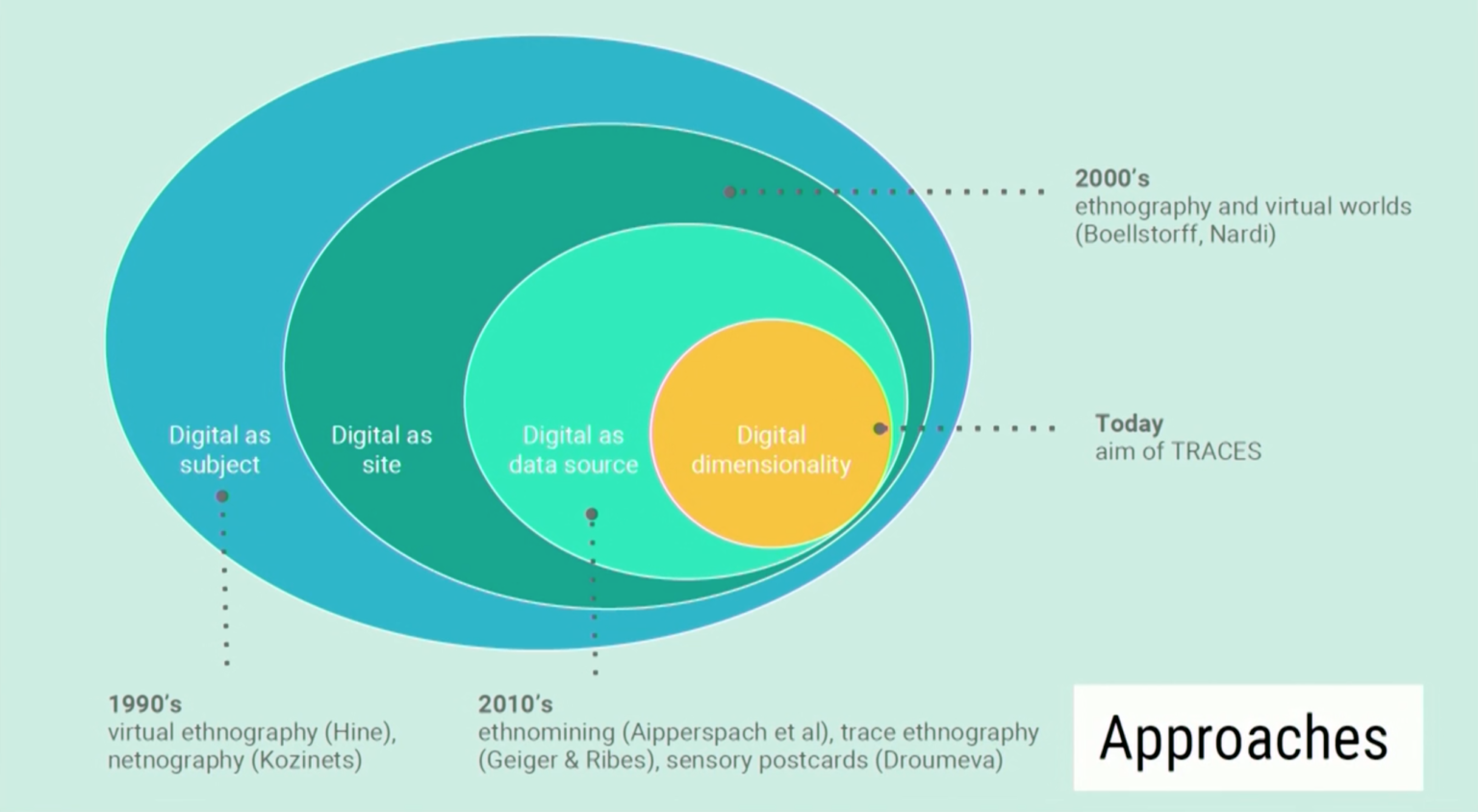
Last week EPIC people gathered for a panel discussion on remote research to share guidance and inspiration as many of us take on new, remote positions. Here are some of the approaches we discussed, grouped in four themes with resources from epicpeople.org and beyond.
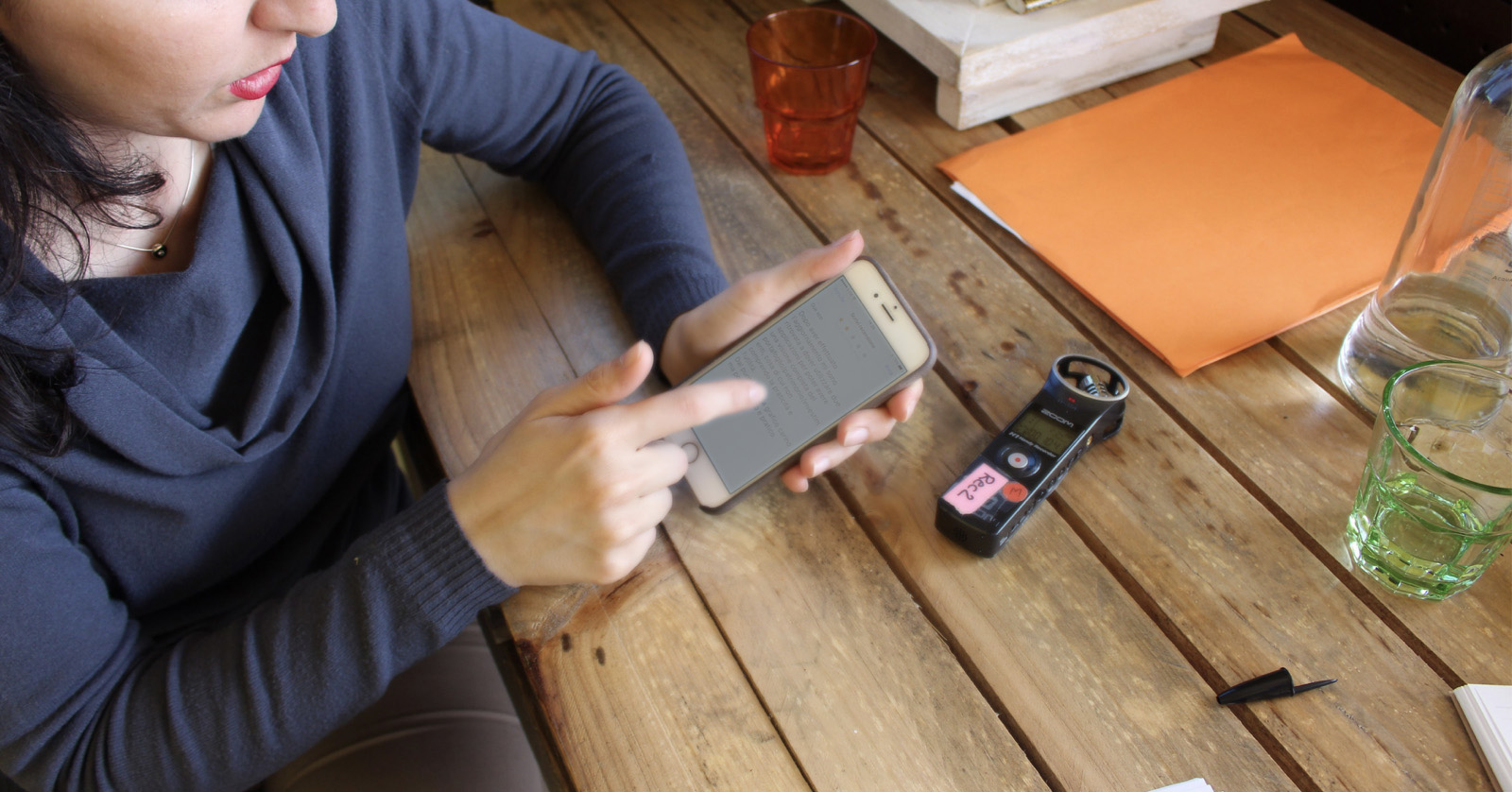
Experientia's Stefano Galeazzi and Daria Cantù explore how to conduct impactful applied qualitative research remotely, when we may not be able to conduct in-person interviews - as is the case now during the Covid-19 pandemic.

Frank Spillers of Experience Dynamics reviews key UX activities and deliverables to assess online strategies for maintaining your UX process quality when online is your only option.

The guide includes best practices for conducting remote research, advice on creating a virtual best place to work, and selected tools for successful remote research.
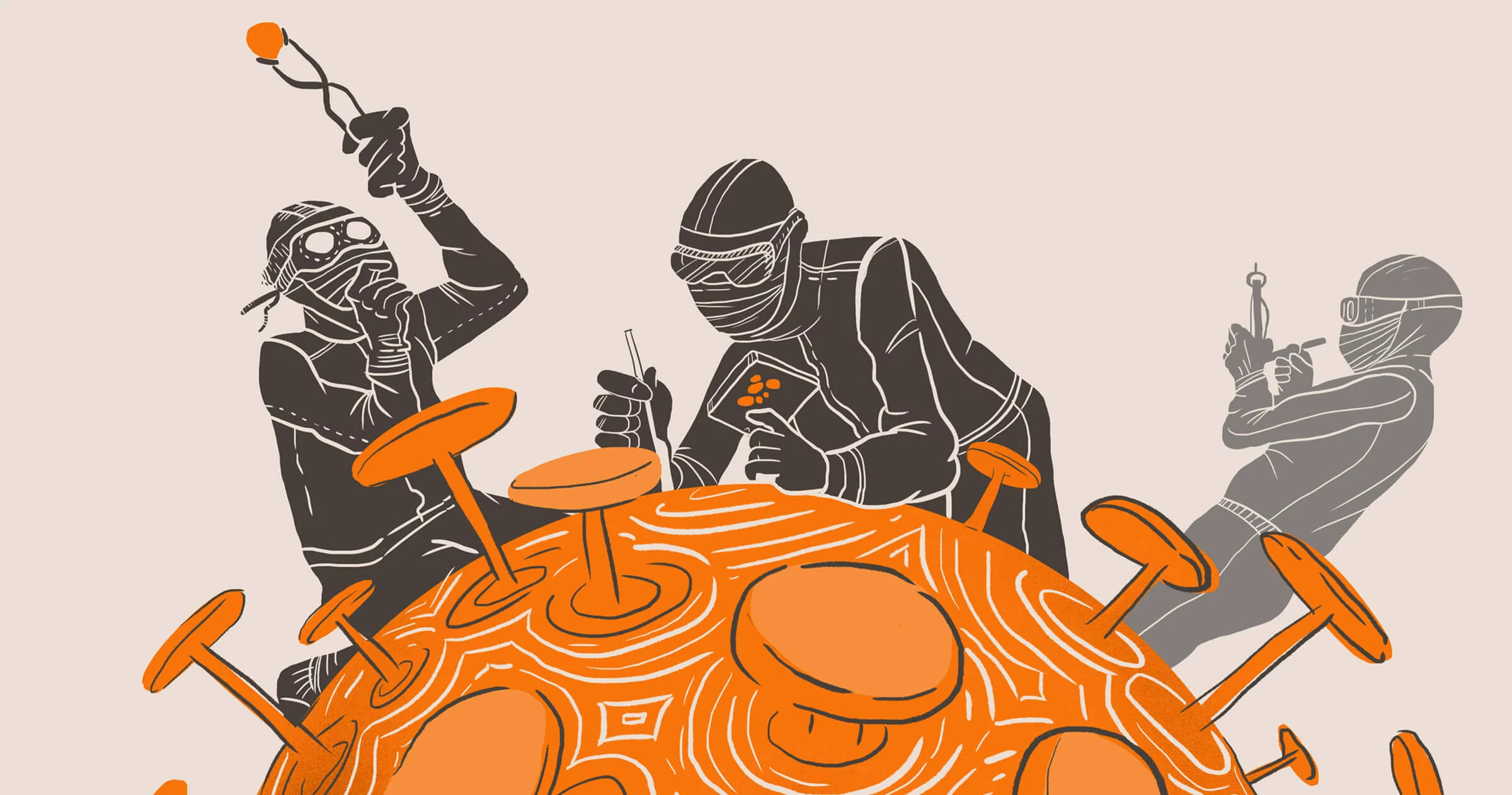
Initiated by Deborah Lupton, this crowdsourced document provides necessary information and key resources for researchers struggling to conduct traditional face-to-face research under new circumstances.
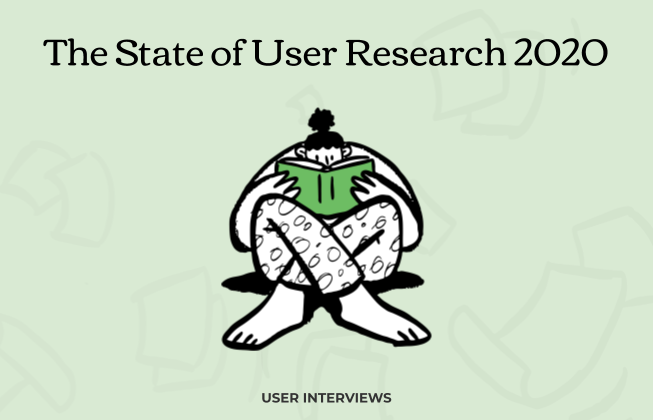
UserInterviews asked over 300 user researchers globally what their research practices looked like, how their teams were laid out, and what they earned. The data gives us an excellent idea of best practices in the field.

A team of researchers from IMD in Switzerland and SUTD in Singapore put together the Smart City Index. For the first time, researchers attempted to assess people’s perceptions of technology – as opposed to the quality of the technology itself…




















